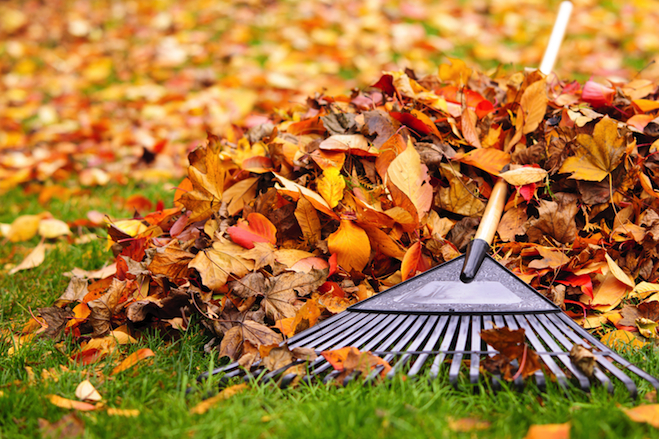 Larry Caplan: Benefits of Fall Garden CleanupLarry Caplan9:13 PM, Oct 11, 2014 lifestyle | larry caplan | health and fitness | home and garden EVANSVILLE, Ind. - After the last of the harvest has been brought in, it’s time to start cleaning up the garden. While not as fun as growing the plants, it’s an important job that will make next year’s gardening easier. All dying or dead plants should be removed from the garden. This removes a source of food and shelter for various garden pests. For example, squash bugs and Colorado potato beetles overwinter as adults in plant debris. Various fungal diseases, such as early blight leaf spot of tomato or black spot of rose, can also overwinter on dead leaves and stems. Be sure to rake up and remove all rotten fruit at this time. Not only will insect and disease organisms overwinter on these, but the seeds can become a source of volunteer plants next year. Most of the garden vegetables we plant are hybrids, and don’t breed true from the seed of the harvested fruit. These volunteer plants can make it confusing to figure out which plants are the ones you meant to grow, and will need to be treated as weeds next year. Garden tools should be cleaned of all dirt before putting them away for the winter. This helps prevent rust, extends the life of your tools, and prevents reintroducing disease organisms into the garden next year. Shovels, hoes and rakes can be cleaned with a wire brush and hose. Allow them to air-dry, and then coat all metal parts with a light treatment of oil (such as 3-in-1) to prevent rust. Disease organisms can survive on plant cages and stakes. If you store these outdoors, the sunlight and weather will kill most of the spores; however this shortens the useful life of these tools. If you store them inside a shed or garage, you should wash them off and then disinfect them with a bleach solution. Mix one part laundry bleach with nine parts water in a spray bottle, and then spray them down. Allow the cages and stakes to air dry before storing. Lawn mowers and other power equipment should be winterized according to the owners’ manuals. Briefly, though, use up the gasoline in the tank, to avoid water accumulation or fuel line clogging. If you can’t completely drain the gas tank, then add a gas treatment (such as Sta-Bil or similar products) and run the engine for a few minutes. Sharpen and balance mower blades, and check all belts and moving parts for wear. Replace the spark plug and all fluids, including oil. Scrape off dry grass and dirt from the undercarriage of mowers and tillers, and any accumulated sawdust from chain saws. Doing this now means your equipment is ready to go next spring. Don’t forget: this Saturday is the Ohio Valley Garden Conference, sponsored by the Southwestern Indiana Master Gardener Association. For more information on the conference, or winterizing your garden, contact the Purdue Extension Service at 812-435-5287. Larry Caplan is an extension educator-horticulture with the Purdue University Cooperative Extension Service, Vanderburgh County/Southwestern Indiana. Email him at [email protected]. Copyright 2014 Scripps Media, Inc. All rights reserved. This material may not be published, broadcast, rewritten, or redistributed.
1 Comment
|
Archives
June 2016
Categories
All
|
 RSS Feed
RSS Feed
